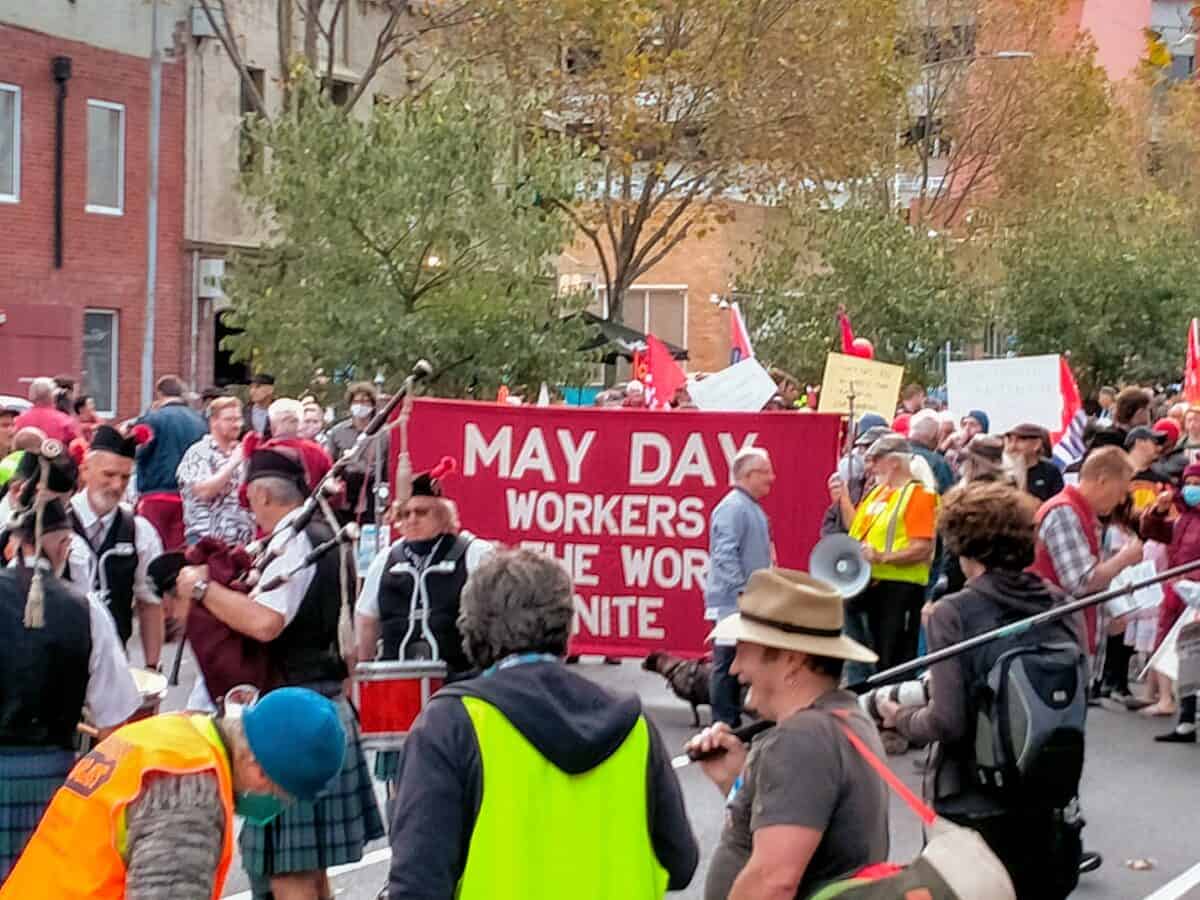On the iconic discount table in Readings Carlton bookshop is one of the most interesting occupational health and safety (OHS) books – The Careless State by a Professor of Political Science at Melbourne University, Mark Considine. This book was not written by an OHS specialist with all the associated ideological and philosophical baggage. And really, it is mainly one chapter that justifies the description “Worker’s Health and Safety.”
Category: insurance
Predatory Capitalism and OHS
A fundamental aim of occupational health and safety (OHS) is the prevention of harm. To determine the most effective ways of preventing work-related harm, OHS professionals must investigate the source of harm. This requires them to look beyond their own workplaces to socioeconomic factors. Greed is the source of almost all of the world’s economic woes.
Greed manifests in the OHS context by employers not allocating sufficient resources for people to work safely and healthily. This greed, this seeking of maximum profits and excessive wealth, is supported by legislative, financial and social institutions. A new book by Ingrid Robeyns – “Limitarianism, – The Case Against Extreme Wealth” – offers several examples of how greed creates unsafe work.
Plain speaking on mental health v nuance
Plain speaking is one of the greatest challenges of any profession. Many professionals struggle to communicate their excellent work and knowledge which has created the moves for Research-To-Practice and specialised communicators (as opposed to public relations advisers). Human Resources (HR) and Occupational Health and Safety (OHS) need communications specialists, or perhaps just interpreters, if a recent article on workers compensation and mental health is anything to go by.
If we are going to achieve a successful and effective change on workplace mental health, we need to start to understand each other.
When an increase of 0.5 percentage points is described as an outrageous 43% increase
This week the Victorian Government flagged changes to the workers’ compensation premiums and eligibility. This has generated outrage from business lobby groups and the trade unions, and as he is being criticised by both political extremes, Premier Dan Andrews believes his decision, i.e. being hated by everyone, is a winner.
The Age newspaper was one of the first to report (paywalled) on the announcement of these changes on May 19, 2023. Significantly it included a quote from Dr Mary Wyatt on the economic and social importance of injury prevention. Hers has been one of the few mentions of the role of good occupational health and safety (OHS) management.
Tip-Off Line Remember, if you have some OHS information that you want SafetyAtWorkBlog to investigate or that would be of interest to SafetyAtWorkBlog readers, please contact us on the anonymous-if-you-want tip-off line
Getting the (political) balance right
One can never accuse politicians of deep or systems thinking on the issues and policies for which they are responsible. Victoria’s Minister for WorkSafe, Danny Pearson, spoke at a press conference on March 6, 2023, about the viability of the workers’ compensation systems, which he described as broken, during a substantial increase in claims for workplace mental injury. Premier Dan Andrews has spoken of this matter since and with a similar perspective – politics rather than occupational health and safety (OHS).
How this issue develops over the next month may determine who speaks for the government at the April 28 Workers Memorial event.
Plenty of sparkle but little spark
The latest awards night for WorkSafe Victoria achieved its scope – present awards for people and organisations who do occupational health and safety (OHS) well. Some categories are for extraordinary effort, achievements or innovation, and winning any award from WorkSafe is important to the winners, but some were flat.
Give me a young worker, and I can make them safer for life*
Trade union membership in Australia has declined to its lowest level ever of 12.5%, according to an article in The Age newspaper (paywalled) on January 6 2023. The experts mention several demographic factors that have resulted in the persistent decline. Even though trade unionists publicly state that worker health and safety is often their top priority, they never seem to use occupational health safety (OHS) in their marketing of union membership.
This article does not suggest that OHS be bastardised for commercial purposes or that the primary responsibility for safe work does not reside with the employer. Still, union membership may be purchased for a young worker, in particular, perhaps by parents or concerned relatives to assist in keeping their loved ones safe at work.







